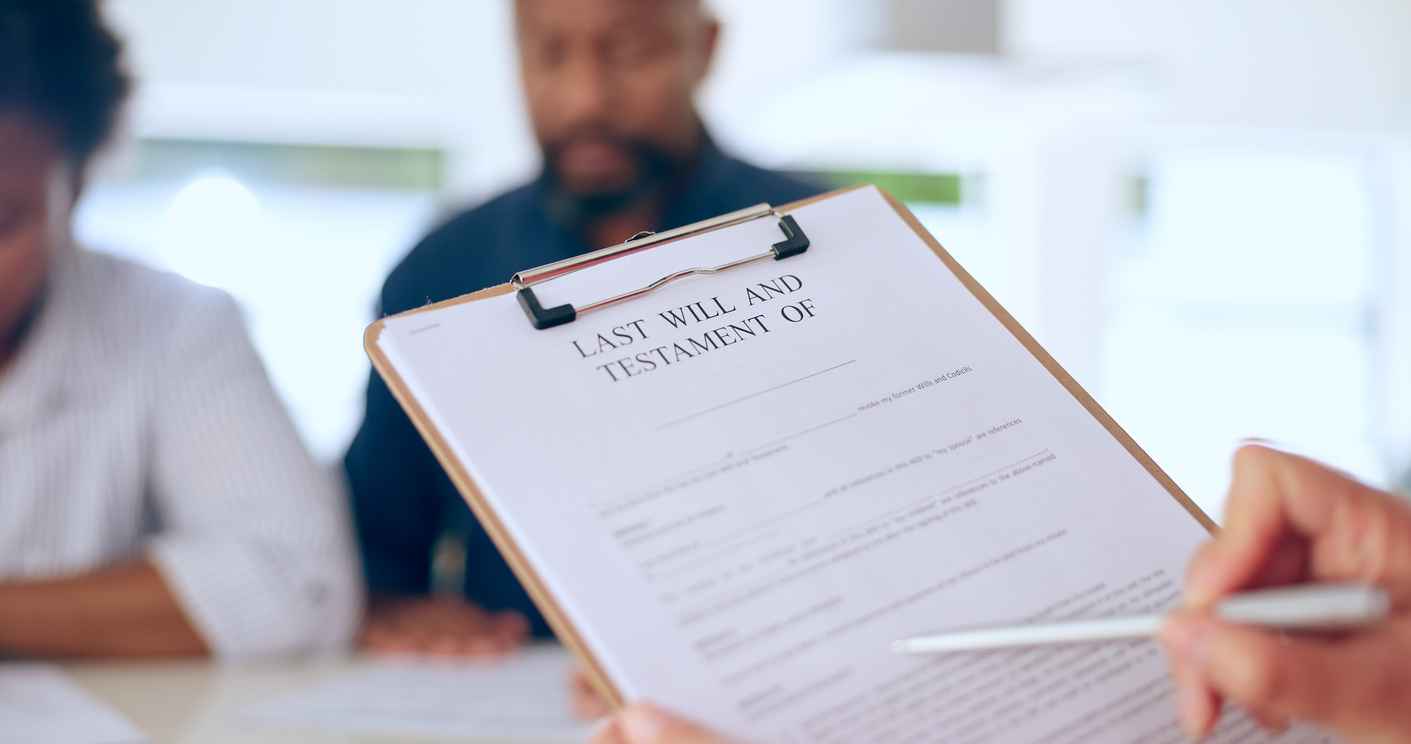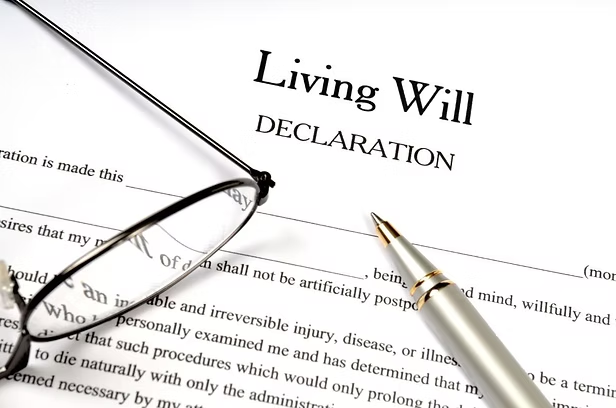August 3, 2022
Updated: Sep 27, 2022
You have to take a variety of issues into consideration when setting up an estate plan, whether you need to figure out who to place in charge of your estate after your death or you have difficult decisions to make with respect to distributing assets among beneficiaries. However, it is also essential to take a look at estate taxes if you have significant assets.
While some states do not have an estate tax, it is vital to realize that filing an estate tax return is necessary in some instances.
Filing an estate tax return
According to the Department of Taxation and Finance, estate tax returns become necessary for some estates of New York residents as well as non-residents. For example, estates belonging to New York residents need to file an estate tax return in New York State if the value of the federal gross estate and includible gifts go over the basic exclusion amount.
Additionally, estates that belong to nonresidents of New York must file a tax return in this state if the estate includes tangible or real property in New York and exceeds the basic exclusion amount.
Estate taxes and the basic exclusion amount
For estates belonging to those who died in 2022, the basic exclusion amount in New York is $6,110,000. Therefore, if the value of your estate exceeds this amount, filing estate taxes in New York could become necessary. It is important to note that the basic exclusion amount changes from year to year. In 2021, it was $5,930,000.
Whether you want to look into strategies to avoid estate taxes or address any tax-related concerns, it is pivotal to carefully review the ins and outs of estate taxes if you believe that they will apply.
Recent News

Having a Will vs. Not Having a Will
July 7, 2025

Choosing the Right Trustee for a Special Needs Trust: Key Considerations
March 13, 2025

Planning for Incapacity: The Importance of Advance Directives
February 12, 2025

Legal Considerations for Blended Families in Estate Planning
January 16, 2025

Understanding the Differences Between Medicaid Home Care (Community Care) and Companion Care Services
December 5, 2024

Understanding the Difference Between Home Care (Community Care) Medicaid and Chronic Care (Nursing Home) Medicaid
November 5, 2024

